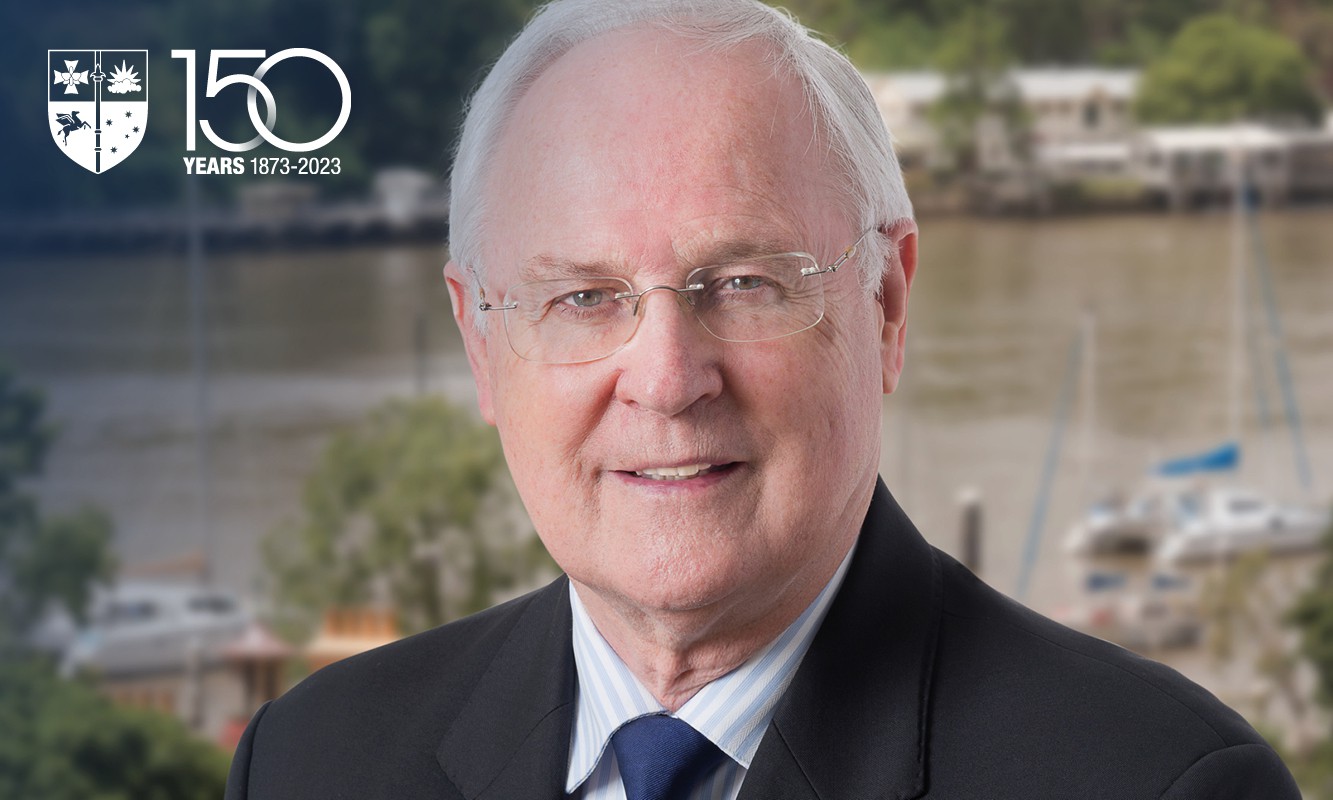One of the major concerns practitioners have when seeking to give effect to a deceased person’s will is ensuring that they have the most recent version of the will.
It is not unusual for people to update their wills several times throughout their lives, and there is no guarantee that a will in the practitioner’s security packet – or one found amongst the deceased’s effects – is the most recent.
A previous note dealt with the phenomena of private will registries sending unsolicited emails to law firms seeking lost wills, which is becoming quite common. Another trend in this space is law firms sending generic enquiries regarding a particular estate with dozens of addresses in the ‘To’ line rather than blind copied.
While this is no doubt an effort to be thorough, it is a flawed concept. A firm engaging in this conduct cannot be satisfied that it has in fact satisfied due diligence in relation to its obligation to ensure it has the most recent valid will.
At the outset, there is a very good chance that many spam filters will block or divert emails that have been sent to an unusually large number of recipients. A request sent in this fashion may not be received and therefore, a practitioner could never be satisfied that a firm was on notice about a will in its possession.
On a basic level, however, such conduct is simply discourteous. To send an unsolicited mass email to a group of firms established on an effectively random basis is hardly consistent with the standards expected of the legal profession.
Queensland Law Society has received reports of such emails which include firms that undertake no estate work and hold no wills, and even addresses which would appear to be private emails of individual solicitors.
This conduct should be avoided, and if unsolicited emails must be sent then they should at least target firms which might genuinely hold the will.
That means that the sending practitioner should have a justifiable reason for sending the email, not just a hope (or a desire to be seen to have ticked all the boxes in seeking the most recent will). This should entail seeking more detailed instructions from clients on whether they believe a will was prepared previously and who may have done this on their behalf.
It also means that you should be not be group-emailing practitioners. Sending to a select group via blind copying is required, so that the practitioner does not receive other email recipients and their email addresses – this ensures that privacy provisions are not breached.
It must be kept in mind that a practitioner in receipt of such unsolicited emails might go to significant effort to ensure that they do not have the will being sought. If there was never any realistic prospect that they held it in the first place, the request is an annoyance, and the receiving practitioner will have lost productivity with little justification.
A practitioner in receipt of an unsolicited email of this nature, and who does not immediately recognise the matter, can afford to be cautious. They would be justified, prior to expending time and resources on the request, in making enquiry of the sender as to why they think the receiving practitioner might hold the will.
They may also advise the requesting practitioner that until such time as they have a response, they will not be undertaking a search of their safe custody.
This practice would appear to be the most recent response of an understandably frustrated profession to the fact that no centralised will registry exists in this state.
That is entirely understandable given that the government remains inexplicably resistant to the establishment of a digital will register. However, until such time as we have such a government-mandated register to consult, we must fall back on tried and true systems of due diligence; that does not include spam.














2 Responses
Perhaps QLS could investigate the establishment of a register of wills prepared by member firms. This could be a useful additional advantage that practitioners could offer as a reason why clients should make wills with QLS member solicitors rather than utilise DIY kits.
I agree with Andrew’s comment. I’m also interested to know what steps the QLS has taken to raise with the government the establishment of a Wills register since the government is apparently “inexplicably resistant to the establishment of a digital will register.”